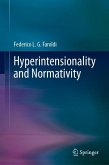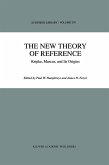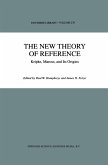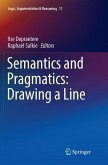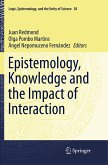This book provides an in-depth analysis of the nature and role of hypothetical reasoning about impossibilities. The interest in this subject stems from the simple observation that wondering is an inherent aspect of our experience. Whether one regrets choosing a taxicab over the subway or contemplates the outcome of an election turning out differently, the question 'What would have happened if...?' is a familiar one. While we often focus on possible scenarios, we also ponder impossible ones: What if whales were fish? What if a man could be in two places at once? What if one could draw a round square?
Puzzles concerning such questions sparked a heated discussion over the nature and role of hypothetical reasoning about impossibilities. This book goes beyond being an opinionated introduction to this debate. After comparing various approaches to this issue, it proposes a novel perspective that draws on considerations from epistemology and the philosophy of explanation and dependence.
Targeting researchers and students interested in the philosophy of modalities, this book delivers an in-depth analysis of a captivating and often overlooked aspect of human reasoning.
Puzzles concerning such questions sparked a heated discussion over the nature and role of hypothetical reasoning about impossibilities. This book goes beyond being an opinionated introduction to this debate. After comparing various approaches to this issue, it proposes a novel perspective that draws on considerations from epistemology and the philosophy of explanation and dependence.
Targeting researchers and students interested in the philosophy of modalities, this book delivers an in-depth analysis of a captivating and often overlooked aspect of human reasoning.


